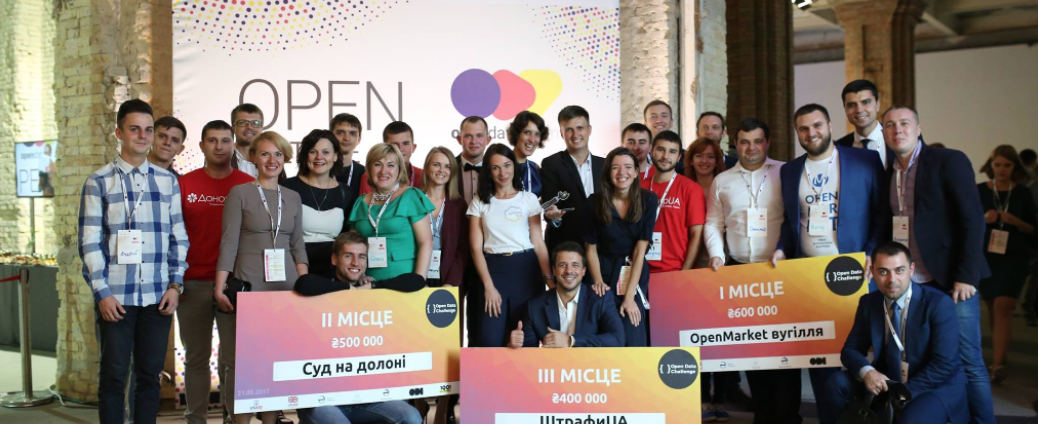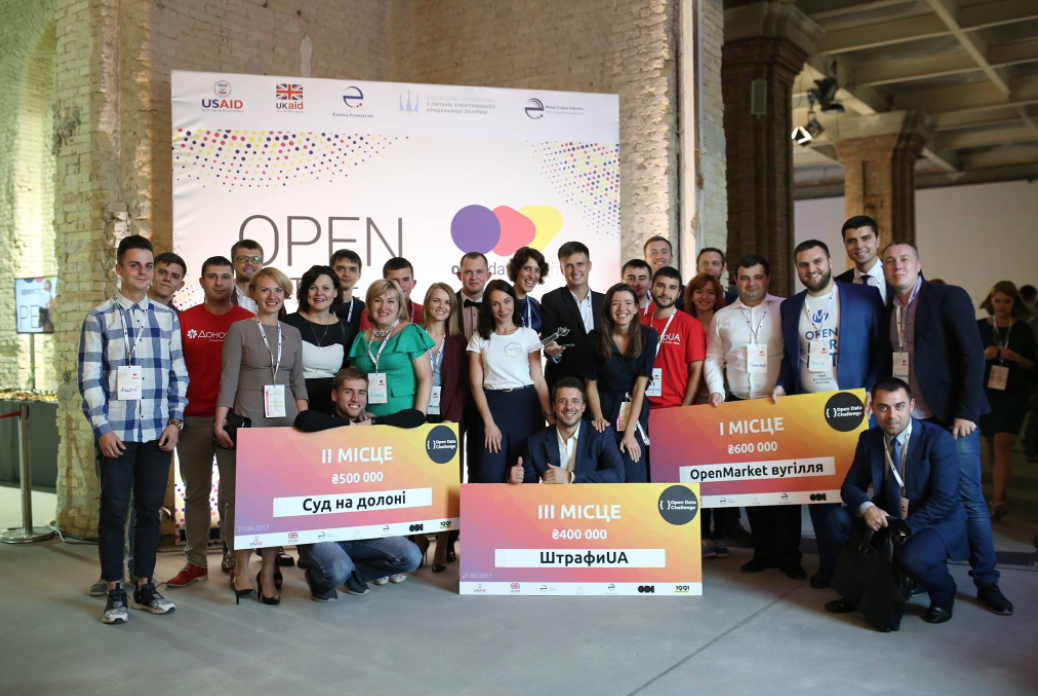
Research by Kyiv School of Economics estimates that open data contributes between $746 and $903 million to the Ukrainian economy currently and can increase to $1.4 billion or 0.84% of GDP by 2025
By Therese Karger-Lerchl
Ukraine has made substantial progress on open data and transparency:
- In 2011, parliament passed the law on ‘Access to public information’ requiring public information requests to be answered within 5 days.
- In 2014, the national open data portal was launched, and it has grown since then from a relatively small collection of public datasets into a widely used and extensive source of public information.
- In 2015, parliament passed amendments to the law aimed at simplifying access to public data with a focus on open data. To support these, the Cabinet of Ministers of Ukraine adopted decree #835, requiring a list of datasets to be opened, specifying the means of opening and a list of responsible bodies.
- In 2016, to implement open data policy in line with international open data principles, Ukraine joined the Open Data Charter – a set of principles and best practices for the release of open data provided by government.

Winners of the Open Data Challenge Series, a competition for open data startups in Ukraine, celebrate winning the Challenge and seed funding during Open Data Forum, September 2017 in Kyiv (Source: Facebook)
In 2016, Ukraine jumped 18 positions on the Open Data Barometer to 44th place and 23 positions to 31st place in the Global Open Data Index. Ukrainian cities joined the Open Data Charter, startups are using open data to innovate and the procurement system ProZorro initiated a dramatic reform of public procurement in a very corrupt environment.
As part of the Transparency and Accountability in Public Administration and Services (TAPAS) programme, Kyiv School of Economics quantified the potential open data holds for the Ukrainian economy, which currently produces GDP per capita close to that of Vietnam and Nigeria.
The report attempts to quantify the current size of the open data market in Ukraine and estimates its potential for 2025 for three scenarios based on the level of investment in and use of open data: stagnation with reduced investment, moderate progress, and significant progress.
The report estimates that in 2017 open data contributed between $746 and $903 million (0.67% to 0.81% of GDP) to the Ukrainian economy. The three scenarios for 2025 are as follows.
Ukraine’s open data market size by 2025 for each scenario
| Open data market size (2016 prices) | Average share of GDP | |
| Stagnation | USD 953-1,154 m | 0.69% |
| Moderate progress | USD 1,095-1,326 m | 0.79% |
| Significant progress | USD 1,162-1,407 m | 0.84% |
The estimations align with similar estimations for the European and global market, which are summarised below.
Recent estimations of the economic impact of open data
| Date | Study | Scope |
Impact of open data (% GDP) |
| 2011 | European Commission | Europe (public sector data only) | 1.5 |
| 2013 | Shakespeare Review | UK (public sector data only) | 0.4 |
| 2013 | McKinsey & Company | Global | 4.1 |
| 2014 | Lateral Economics | G20 Countries | 1.1 |
Growth can be achieved through:
- efficiency gains and cost savings for organisations and consumers
- new or better products, services and business models
- more efficient and productive markets
The report illustrates these channels with examples. Some of these include the public procurement system Prozorro, which has reduced corruption and generated savings for the public sector; EasyWay, who use open transport data to provide information about routes and stops for around cities of Ukraine, Moldova, Bulgaria, Serbia, Croatia, and Kazakhstan; and medicine finder tabletki.ua, a web portal for price comparison of medicine.
Recommendations for the Ukrainian government to build on the progress and achieve the positive scenario focus on continued engagement with civil society and businesses, improving data quality, sharing examples and tracking progress with a set of key indicators.
If you have ideas or experience in open data that you'd like to share, pitch us a blog or tweet us at @ODIHQ